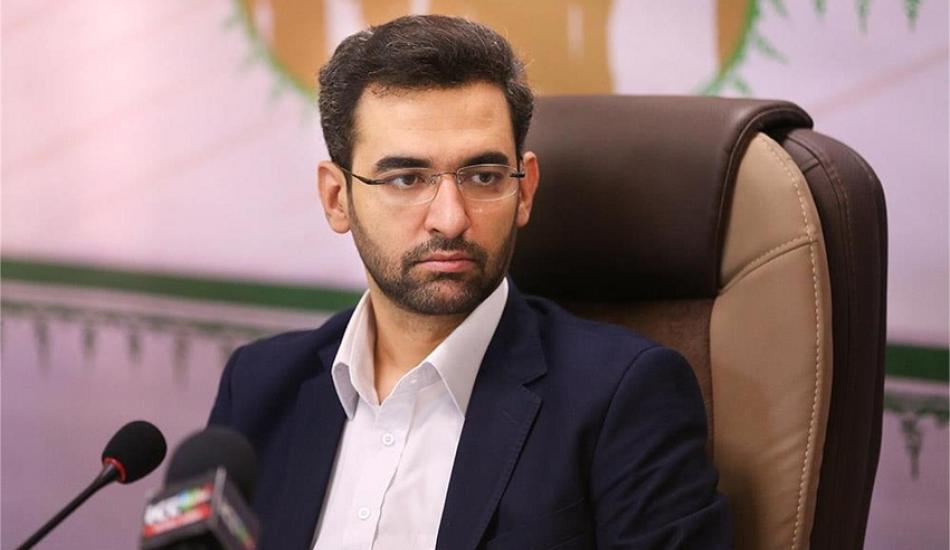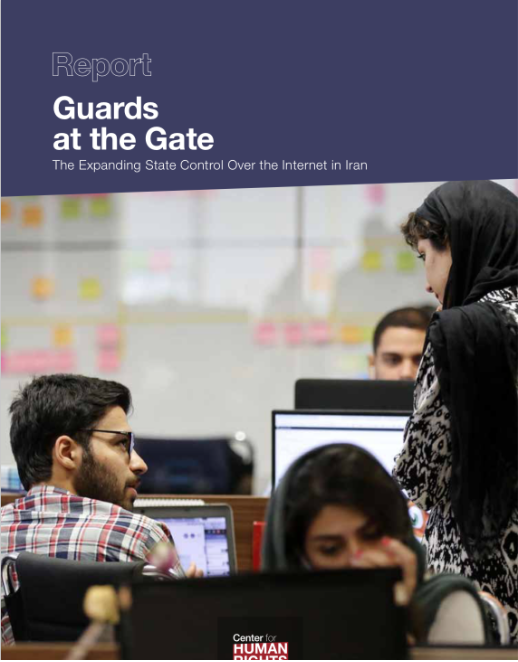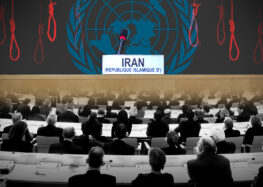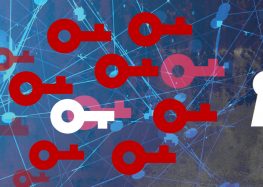Why Did Internet Access Speeds Slow to a Crawl in Iran?

Telecommunications Minister Falsely States the Problem Originated Outside the Country
Telecommunications Minister Mohammad Javad Azari Jahromi made a false statement when he said via Twitter that recent disruptions to internet access in Iran were due to technical issues occurring outside the country, the Center for Human Rights in Iran (CHRI) has learned.
The disruptions, during which internet speeds slowed to a crawl beginning at 7 p.m. on June 26, 2019, and did not reach normal speeds until after midnight the next day, were confirmed by major internet monitoring organizations NetBlocks and the Oracle Corporation’s Internet Intelligence Map.
Such disruptions are common in Iran, where the internet is severely censored and user activity monitored, but the country hasn’t experienced one nearing this magnitude since the nationwide protests of January 2018, when millions of users suddenly found themselves unable to access foreign websites or apps.
“The indicators from Iran’s main communication gateway at the Telecommunications Infrastructure Company (TIC) didn’t show any international disruptions,” Mahsa Alimardani, a researcher at the UK-based Article 19 organization told CHRI on July 4.

Guards at the Gate: The Expanding State Control Over the Internet in Iran provides an in-depth review of Iran’s internet policies and initiatives, in particular, the development of its state-controlled National Internet Network (NIN), which gives the government newly expanded abilities to control Iranians’ access to the internet and monitor their online communication.
“The government has claimed that the interruptions took place outside Iran but the truth shows that’s false,” she added.
Responding to a Twitter user’s question about the disruptions on June 26, Telecommunications Minister Jahromi tweeted:
“As you can see in the graph below, the fiber outage happened in upper-level routes in Europe between Bulgaria and Frankfurt that are used by several internet providers in Iran, causing widespread interruptions in the country’s international communications for an hour and a half. We had a 1,000 gigabyte per second drop in capacity.”
However, CHRI’s investigations reveal that contrary to the telecommunication minister’s statement, the disruptions lasted five hours and originated inside Iran in the Transport Layer Security (TLS) internet security protocol, which aids privacy and data integrity between client and server applications communicating over the internet.
Although the disruptions were felt by internet users around the country, apart from Jahromi’s tweet there has been no official response or explanation by the Iranian government explaining the situation to the Iranian people.
Nor have internet service providers commented on the matter to their customers.
However, two sources close to the Telecommunications Ministry and the TIC, which operates under the ministry, told CHRI that the disruptions may be connected to demands by the Tehran prosecutor that the ministry take steps to block access to internet censorship circumvention tools throughout the country.
Doing so could result in serious internet disruptions like those that occurred in June 2019, according to the sources who spoke on the condition of anonymity for security reasons.






